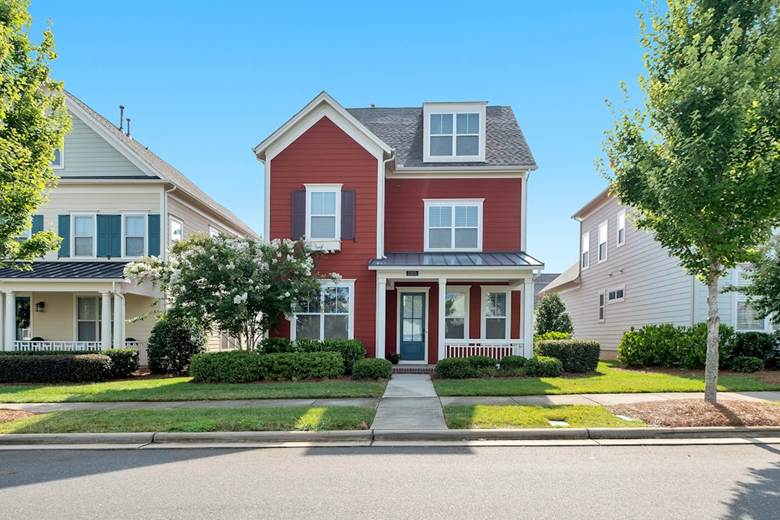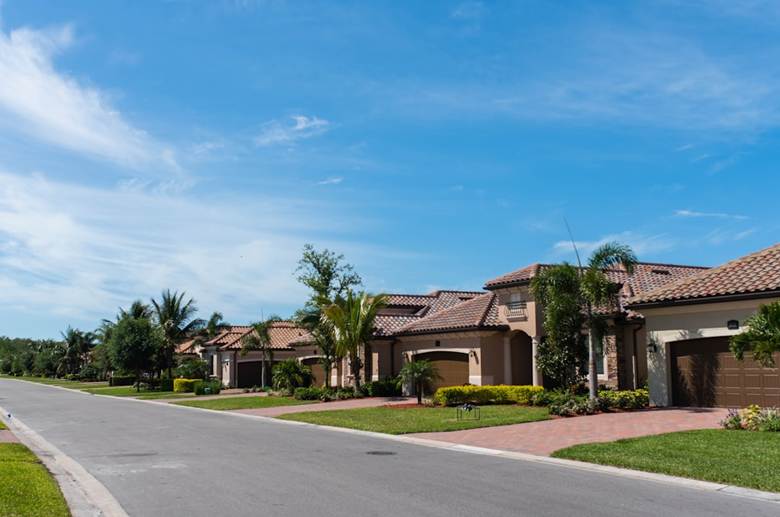
Finding the perfect property is about more than square footage and curb appeal. Whether you're searching for a forever home, an investment property, or a vacation retreat, the journey toward securing a space that truly fits your goals requires planning, patience, and strategy. The real estate market can be unpredictable, but with the right approach, you can navigate it with confidence.
Below are six practical tips that will bring you closer to your ideal property, without the guesswork or overwhelm.
Define What "Dream Property" Really Means to You
Every buyer has a different definition of the ideal home. For some, it’s a modern condo near a thriving downtown. For others, it’s a peaceful cottage surrounded by nature. Before starting your search, take time to think about what matters most to you.
Is proximity to schools, work, or public transport a priority? Do you want outdoor space, smart-home technology, or room for a growing family? Knowing what you value makes it easier to eliminate unsuitable listings and focus on properties that align with your lifestyle.
Make two lists: must-haves and nice-to-haves. These will help guide your decisions when comparing homes and making compromises. By identifying your top non-negotiables early on, you’ll avoid wasted time and focus your energy more efficiently.
Research the Neighborhood Thoroughly
Location affects every aspect of your experience with a home. A great house in a poorly suited neighborhood can feel like the wrong decision. Spend time walking or driving around areas that interest you. Take note of traffic patterns, street lighting, noise levels, and nearby amenities.
Visit at different times of the day and week. A neighborhood may feel quiet in the morning but become congested during evenings or weekends. Speaking with residents can offer insights you won’t find in online listings.
Crime statistics, school district ratings, and future development plans should also be reviewed. These factors affect property values and your long-term satisfaction. Choosing the right neighborhood can be as important as choosing the right house.
Get Pre-Approved Before You Browse
Many buyers begin their search before securing financing, but this can lead to disappointment. Sellers take offers more seriously when they’re backed by pre-approval. It shows that you’re ready and able to make a purchase.
Meeting with a mortgage advisor helps define your budget, which allows you to search within realistic price ranges. Pre-approval can also speed up the buying process, especially in competitive markets where homes receive multiple offers.
Understanding interest rates, loan types, and monthly payment expectations will help you make more informed financial decisions when it's time to submit an offer.
Choose a Knowledgeable Real Estate Agent
A skilled real estate agent does more than show houses. They act as your advocate, advisor, and strategist. The best agents understand local trends, negotiate effectively, and provide access to listings that may not be widely advertised.
If you’re looking in a specific region, working with local experts offers an advantage. For example, seasoned real estate agents in Santa Clara know how to match buyers with homes that meet both practical and emotional needs. Their understanding of pricing patterns, zoning changes, and neighborhood dynamics can simplify the process significantly.
Having someone in your corner who understands your goals and how to achieve them in the current market is an investment in your peace of mind.
Pay Attention to Inspection Details
Falling in love with a home doesn’t mean ignoring its flaws. Inspections reveal structural issues, safety concerns, and maintenance needs that aren’t visible during a walk-through. Even a seemingly perfect property can hide problems like faulty wiring, outdated plumbing, or roof leaks.
Always attend the inspection if possible, and don’t hesitate to ask questions. A thorough inspector will explain the severity of issues and estimate repair costs. In some cases, inspection results can be used to renegotiate the price or request that repairs be made before closing.
Skipping this step may save time short-term, but could lead to unexpected costs and stress later on.
Think About Long-Term Resale Value
Even if you’re planning to live in your home indefinitely, it’s wise to consider how easy it will be to sell in the future. Life circumstances can change quickly, and a home with strong resale value gives you flexibility and financial protection.
Look at the property’s potential for upgrades, proximity to job hubs, school rankings, and demand trends in the area. Homes with flexible floor plans, modern kitchens, and energy-efficient systems tend to perform better in resale scenarios.
Avoid being swayed by purely cosmetic features. Focus instead on layout, condition, and location, factors that influence how the home performs in both buyer and seller markets.

The process of finding your dream property is both exciting and demanding. With clear goals, a realistic budget, the right team, and a focus on future value, your search becomes less stressful and more strategic. Remember, you’re not just buying a house, you’re choosing a lifestyle and a foundation for the future. Smart decisions now can lead to years of comfort, happiness, and growth in a place you’ll be proud to call home.









